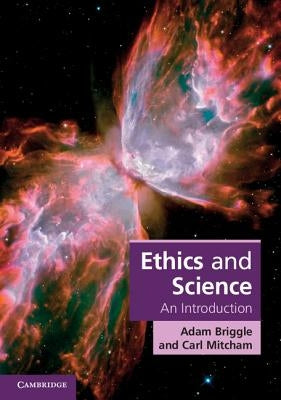Cambridge University Press
Ethics and Science
Ethics and Science
Couldn't load pickup availability
Author: Adam Briggle, Carl Mitcham
Publisher: Cambridge University Press
Published: 12/31/2012
Pages: 388
Binding Type: Paperback
Weight: 1.55lbs
Size: 9.60h x 6.80w x 0.90d
ISBN: 9780521702676
Review Citation(s):
Choice 05/01/2013
About the Author
Briggle, Adam: - Adam Briggle is Assistant Professor in the Department of Philosophy and Religion Studies at the University of North Texas. He is the author of A Rich Bioethics: Public Policy, Biotechnology, and the Kass Council (2010).Mitcham, Carl: - Carl Mitcham is a philosopher of science and technology in the Division of Liberal Arts and International Studies at Colorado School of Mines (CSM). He is the author of several books including Thinking through Technology (1994) and co-author of Humanitarian Engineering (with David Muñoz, 2010). Mitcham is co-editor (with Stephen Cutcliffe) of Visions of STS: Counterpoints in Science, Technology and Society Studies (2001) and editor of the four-volume Encyclopedia of Science, Technology, and Ethics (2005).
Share


